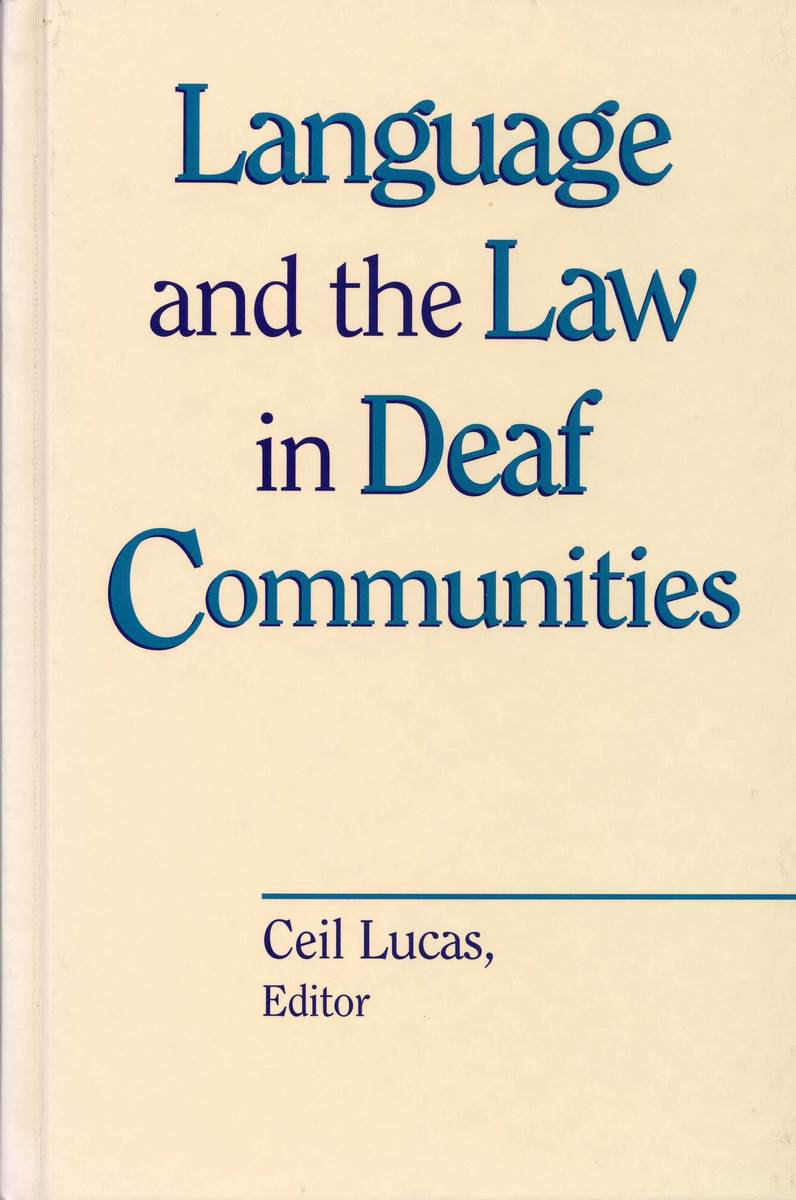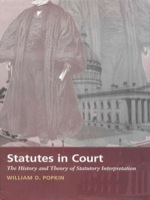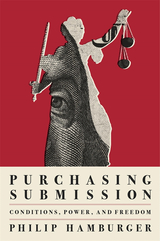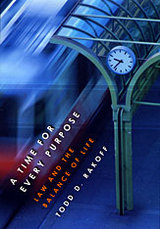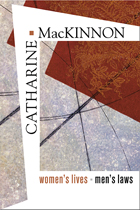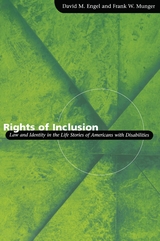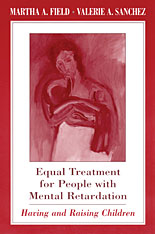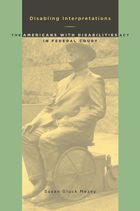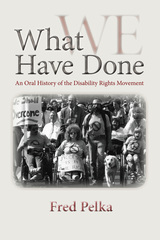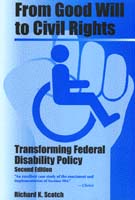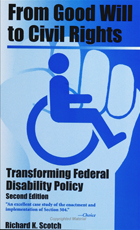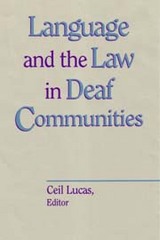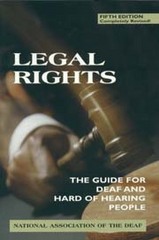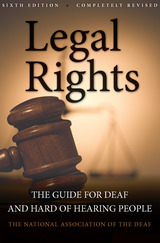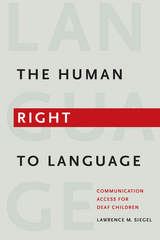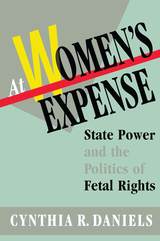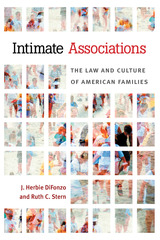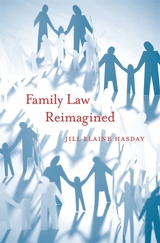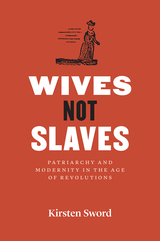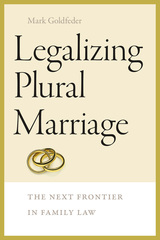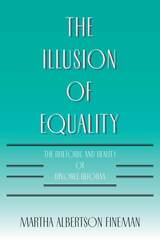Language and the Law in Deaf Communities
Gallaudet University Press, 2003
eISBN: 978-1-56368-317-6 | Cloth: 978-1-56368-143-1
Library of Congress Classification KF480.5.D4L36 2003
See other books on: American Sign Language | Deaf | Disability | Lucas, Ceil | Sociolinguistics
See other titles from Gallaudet University Press
eISBN: 978-1-56368-317-6 | Cloth: 978-1-56368-143-1
Library of Congress Classification KF480.5.D4L36 2003
ABOUT THIS BOOK | TOC | REQUEST ACCESSIBLE FILE
ABOUT THIS BOOK
The ninth volume in the Sociolinguistics in Deaf Communities series focuses on forensic linguistics, a field created by noted linguist Roger Shuy, who begins the collection with an introduction of the issue of language problems experienced by minorities in legal settings. Attorney and linguist Rob Hoopes follows by showing how deaf people who use American Sign Language (ASL) are at a distinct disadvantage in legal situations, such as police interrogations, where only the feeblest of efforts are made to ensure that deaf suspects understand their constitutional rights.
Susan Mather, an associate professor of linguistics and interpretation, and Robert Mather, a federal disability rights attorney, examine the use of interpreters for deaf jurors during trials. They reveal the courts' gross misunderstandings of the important differences between ASL and Signed English. Sara S. Geer, an attorney at the National Association of the Deaf for 20 years, explains how the difficulty in understanding legal terminology in federal law is compounded for deaf people in every ordinary act, including applying for credit cards and filling out medical consent forms.
Language and the Law in Deaf Communities concludes with a chapter by George Castelle, Chief Public Defender in Charleston, West Virginia. Although he has no special knowledge about the legal problems of deaf people, Castelle offers another perspective based upon his extensive experience in practicing and teaching law.
Ceil Lucas is Professor of Linguistics in the Department of Linguistics and Interpretation at Gallaudet University.
ISBN 1-56368-143-9, 6 x 9 casebound, 200 pages, tables, references, index
Susan Mather, an associate professor of linguistics and interpretation, and Robert Mather, a federal disability rights attorney, examine the use of interpreters for deaf jurors during trials. They reveal the courts' gross misunderstandings of the important differences between ASL and Signed English. Sara S. Geer, an attorney at the National Association of the Deaf for 20 years, explains how the difficulty in understanding legal terminology in federal law is compounded for deaf people in every ordinary act, including applying for credit cards and filling out medical consent forms.
Language and the Law in Deaf Communities concludes with a chapter by George Castelle, Chief Public Defender in Charleston, West Virginia. Although he has no special knowledge about the legal problems of deaf people, Castelle offers another perspective based upon his extensive experience in practicing and teaching law.
Ceil Lucas is Professor of Linguistics in the Department of Linguistics and Interpretation at Gallaudet University.
ISBN 1-56368-143-9, 6 x 9 casebound, 200 pages, tables, references, index
See other books on: American Sign Language | Deaf | Disability | Lucas, Ceil | Sociolinguistics
See other titles from Gallaudet University Press
